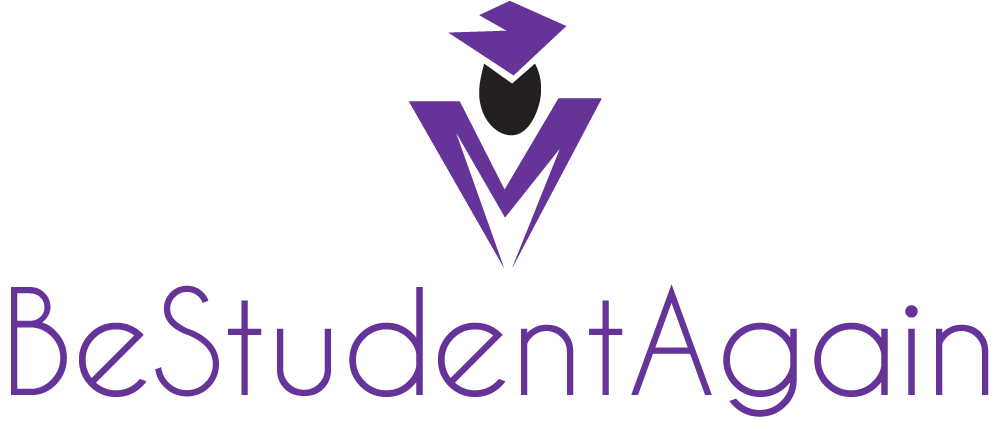Décrocher un contrat d’alternance constitue une source de stress pour de nombreux étudiants et ce dès le début de la rentrée scolaire. Il n’est guère évident de trouver une structure d’accueil, surtout avec l’offre très limitée et la forte concurrence entre les futurs alternants. Les choses deviennent plus difficiles encore avec la multitude des refus et des réponses négatives écrites sur un ton monocorde des plus décourageants. Ci-après quelques astuces pour se démarquer et obtenir le contrat d’alternance tant convoité.
Les pré-requis pour un contrat d’alternance
Un alternant vit la double vie d’étudiant-salarié. Ce qui implique une grande organisation, de la motivation et de l’autonomie. Il faut savoir faire la part des choses en distinguant entre la vie estudiantine et la vie salariale.
A l’université, l’étudiant doit être totalement engagé dans ses cours, ses devoirs et ses études, alors qu’en entreprise, il doit s’acquitter des diverses tâches et missions dont il a la charge. Il convient donc d’adopter le bon rythme pour trouver un équilibre entre les deux sans qu’aucune n’empiète sur l’autre. C’est impératif surtout avec la cadence soutenue et les fortes exigences de chaque statut. Avant de s’engager dans un contrat alternance, il faut donc pouvoir concilier entre la vie d’étudiant et celle du salarié.
Il est primordial de savoir s’adapter au rythme défini par l’entreprise d’accueil en même temps que celui de son université ou école. Il faut répondre présent pour les projets nécessitant une grande disponibilité. D’où la nécessité de bien informer à l’avance la structure de la formule proposée ou de suggérer plusieurs options avant de convenir d’un terrain d’entente.
Il convient aussi de faire preuve de motivation au sein de l’entreprise, ce qui permet de mieux séduire le recruteur, qui peut faire preuve de souplesse en cas de besoin. L’alternant doit démontrer non seulement sa motivation mais aussi son sens d’organisation surtout qu’il doit souvent passer des cours au bureau. Il faut que les performances et les résultats soient au rendez-vous et ce indépendamment de la cadence. Evidemment, l’adhésion de l’établissement scolaire ou universitaire à ce processus est requise, notamment en adaptant ou en modelant l’emploi du temps de l’étudiant.
Quand faut-il postuler et comment décrocher une alternance?
Un étudiant souhaitant décrocher un contrat alternance, doit procéder le plus tôt possible. L’anticipation offre plus de chances de rejoindre la structure d’accueil de son choix. Généralement les candidatures sont soumises en mois de janvier et en mois de septembre. Il est recommandé donc de postuler plusieurs mois à l’avance.
Pour pouvoir obtenir une alternance dans les meilleures conditions possibles, il convient de montrer un projet professionnel solide. Chose qui aide à mieux rédiger son CV et sa lettre de motivation. Ces derniers doivent refléter les ambitions de l’étudiant, en soulignant les compétences et les expériences les plus pertinentes.
Ensuite il faut travailler et personnaliser les candidatures en se penchant sur l’activité et le secteur de l’entreprise, ainsi que sa culture, ce qui démontre l’intérêt du candidat pour la structure. Ceci implique de créer un CV cohérent et précis qui saura valoriser le profil du postulant. De ce fait, il ne faut pas hésiter à mettre en avant le travail associatif, la pratique du sport et autre loisir, ou encore les jobs d’été ainsi que les compétences acquises. Les loisirs et les activités parascolaires, permettent de donner une appréciation juste et claire sur la personnalité du postulant au recruteur.
L’étudiant doit veiller à attirer l’attention sur les points-clés au niveau du CV et de la lettre de motivation. Il doit mettre en avant son intérêt pour le poste, la durée de l’alternance et la disponibilité. Le rôle de la lettre de motivation est tout aussi important, d’où la nécessité de lui accorder un grand soin.
Il importe de garder à l’esprit que pour un poste en alternance, le professionnalisme et la motivation comptent pour beaucoup. Ce qui implique de se renseigner sur la structure, son activité et ses valeurs.
De telles informations se reflètent dans la lettre de motivation, mais seront très sollicitées au moment de l’entretien. En vue de réussir ce dernier, il convient de parler de ses capacités et de ses skills, en plus de se projeter dans la structure. Il ne faut pas hésiter à parler de ses idées et à démontrer son esprit d’initiative. Il est primordial de bien étudier et de bien analyser la fiche de poste qui permet de réunir des informations sur la structure et sur le profil recherché. Ce qui permet de mieux aborder l’entrevue d’embauche. Il convient aussi de démontrer son autonomie, son sens de responsabilité et sa maturité pour travailler au sein d’une équipe. Une bonne préparation permet de mieux répondre aux questions du recruteur, notamment les raisons qui motivent l’alternant de rejoindre la structure et ce que l’expérience va apporter à son projet professionnel.
D’un autre côté, le jeune aura intérêt à interagir avec son interlocuteur en posant des questions pertinentes qui témoignent de son intérêt pour la structure et sa motivation. Il est recommandé de préparer quelques questions à l’avance pour les formuler pendant ou à la fin de l’entretien. Elles peuvent être relatives à l’environnement du travail, les missions ou les enjeux du poste, les objectifs à atteindre sur le court et le moyen terme, entre autres. Il est également recommandé de prendre des notes pour être proactif et conserver les points importants susceptibles d’être une référence, tout en soulignant son intérêt pour la position.
Pour certaines questions, il est préférable de ne pas les évoquer dès le premier entretien et d’attendre pour les poser plus tard. Il s’agit notamment des avantages accordés par l’entreprise comme les tickets de restaurations ou encore les horaires. De telles informations peuvent être recueillies par la suite.






